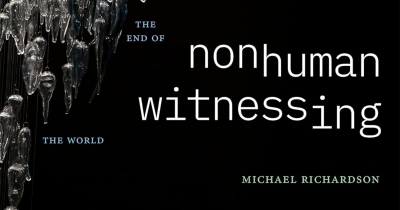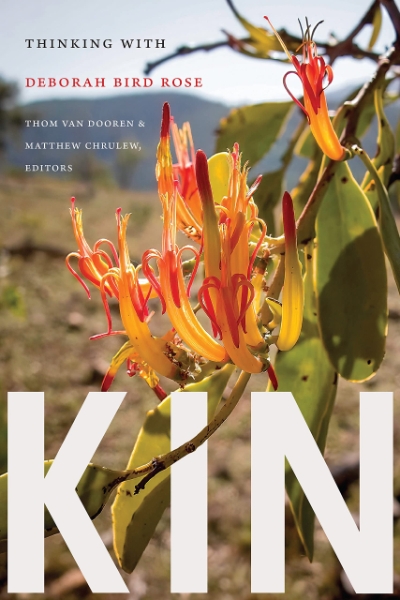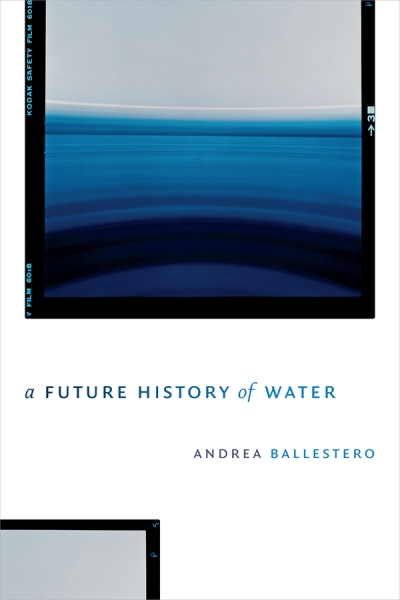Duke University Press
Nonhuman Witnessing: War, data, and ecology after the end of the world by Michael Richardson
by Declan Fry •
Kin: Thinking with Deborah Bird Rose edited by Thom van Dooren and Matthew Chrulew
by Prithvi Varatharajan •
A Future History of Water by Andrea Ballestero & Anthropogenic Rivers by Jerome Whitington
by Timothy Neale •
Reading Boyishly: Roland Barthes, J.M. Barrie, Jacques Henri Lartigue, Marcel Proust and D.W. Winnicott by Carol Mavor
by Geordie Williamson •
Eye Contact: Photographing Indigenous Australians by Jane Lydon
by Helen Ennis •






